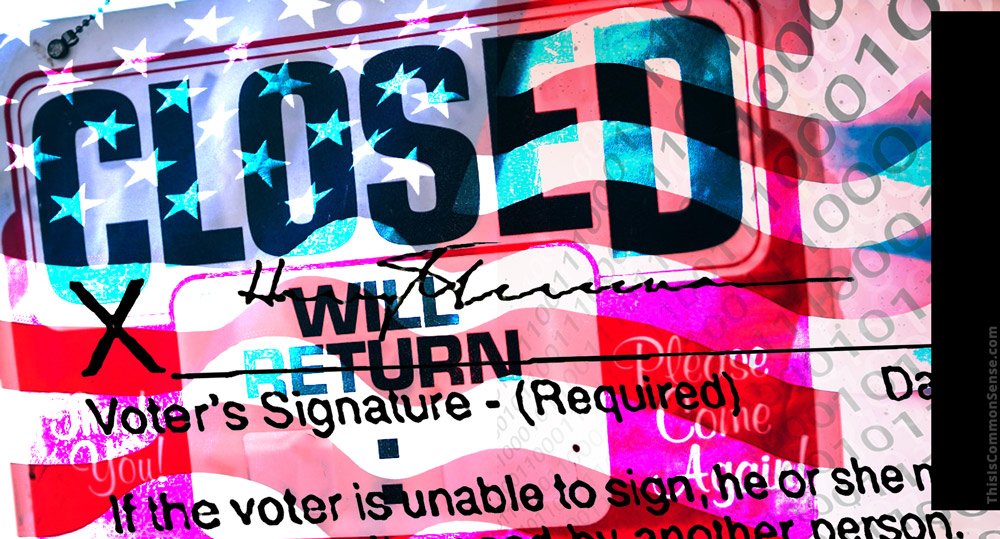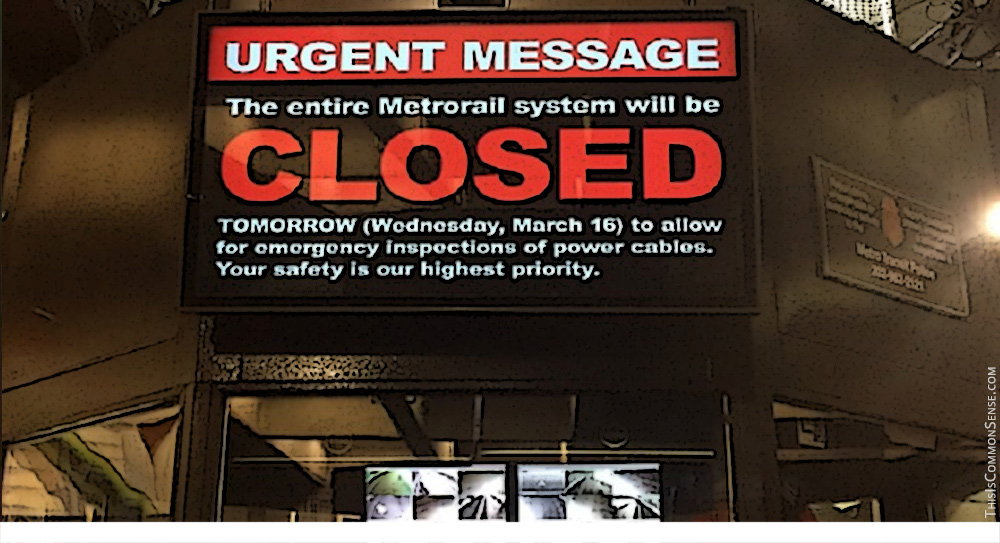“Our political system, our way of life, our Constitution cannot be let go,” the Libertarian Party’s Nicholas Sarwark argued on MSNBC’s Morning Joe, “just because there is a terrible illness spreading through the country.”
His concern? Libertarians — and Greens and other parties or independent candidates — must still gather hundreds of thousands of voter signatures to put their candidates on state ballots this November.
And so, too, must citizen-initiated ballot measures.
But who wants to petition into a deadly pandemic? Supposing you carefully made a grocery run, would you stop to chat with petitioners and grab their pen to sign?
“That would be a public health nightmare,” explained Sarwark, “to force petitioners to go out with clipboards and gather signatures.”
Libertarians are asking governors “to suspend these requirements that would endanger the public.”
Cogent points, but I’m not so sure governors have lawful power to order candidates or initiatives onto the ballot.
Much less the inclination.
Legislatures could act … but why help competing candidates gain access to the ballot?
And as for green-lighting issues that haven’t gone through their sausage-maker?
Puh-leeze.
Back in 2010, the Utah Supreme Court ruled that electronic signatures were legally valid. Rather than facilitate that process, the state legislature quickly banned it.
But it is the obvious solution: allow voters to sign petitions online for candidates or ballot initiatives.*
“The law has long recognized electronic signatures as legally effective where hand-signed signatures are required,” contends Barry Statford in a law review article. “As early as 1869, the New Hampshire Supreme Court acknowledged the validity of a contract accepted by telegraph.”
The courts should mandate state acceptance of electronic signatures.
Let’s sue.
This is Common Sense. I’m Paul Jacob.
* Voters in Boulder, Colorado, passed an initiative allowing electronic signatures in 2018.

See all recent commentary
(simplified and organized)
See recent popular posts


